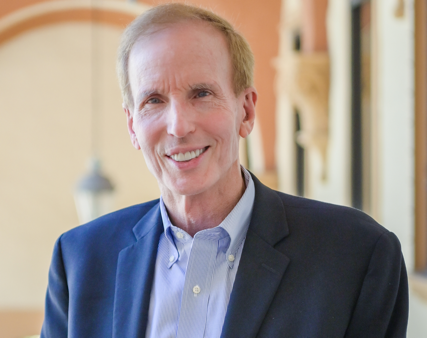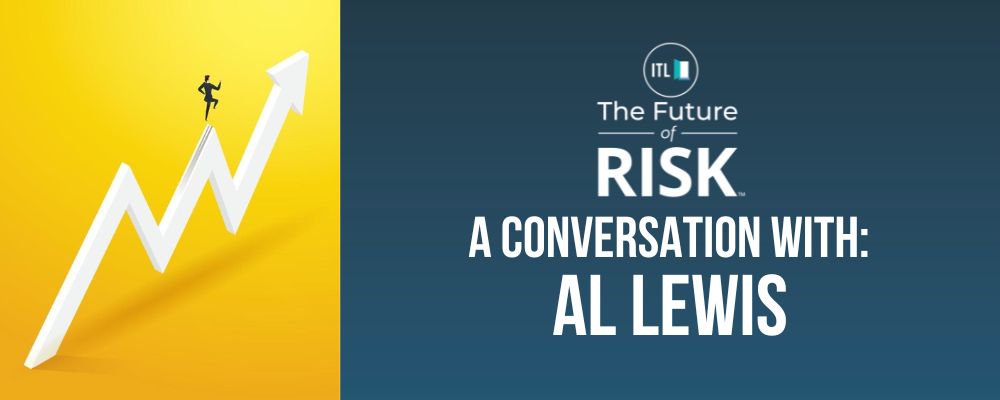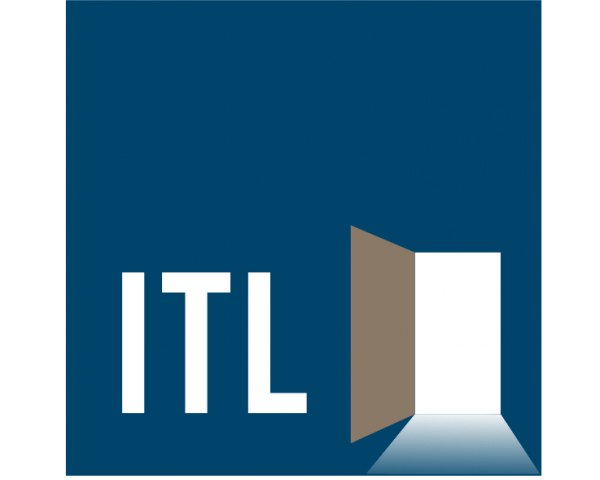 |
|
Paul Carroll
Health insurance has always driven me nuts. It just doesn't work the way it's supposed to work. The idea was that you would have these massive forces pitted against each other, but they've all been co-opted. Pharmacy benefit managers (PBMs) were going to be middlemen, saving everybody money, but now they’re champs at collecting hidden fees. Health insurers were supposed to push back against unnecessary medical procedures, but they've learned that they're really just sort of a cost-plus operation, so they're in no great hurry to push prices down.
All that said, I’ve always been intrigued by Quizzify, because you take a very different tack toward health. You go bottom up, rather than top down. Employers hire you because you say, Let's make the consumer smarter, because there are a lot of things that will not only make them healthier but also take cost out of the system.
That's more of a preamble than I intended. I’d be interested in your historical perspective on health insurance and the enormous costs of our healthcare system in the U.S.
Al Lewis
You're spot on. Historically, all these great innovations like HMOs, PPOs, wellness, PBMs, and now even value-based care were supposed to solve our problems. But they’re classic examples of the observation that every cause starts out as a movement, becomes a business, and degenerates into a racket.
A main reason our costs are so high is there’s no economic disincentive for employees to push back on those rackets, because they pay only a small fraction of the bills. Most companies just give every full-time employee a benefit and say, It’s yours to spend. There’s nothing else in business where every employee gets an unlimited budget and no training in how to spend it.
Some companies that self-insure explain to employees that when they spend money, it drives up costs for everyone. I say, No, no, no, that doesn’t work.
It’s just the opposite. You have to show people that it’s in their very own best interest not to demand or agree to many drugs, tests, and procedures – not because it's going to cost the company money but rather because too much healthcare can often be bad for their health. And that's exactly what we teach: Just because it’s healthcare doesn’t mean it’s good for you.
Paul Carroll
You and I have been talking for a long time about the wild claims wellness vendors have made about how they can save money for employers. I remember a piece you wrote years ago about a vendor’s claim that by screening 1,000 people it could prevent a heart attack. You calculated that the screening and preventing that one heart attack would cost $1 million and that 90 or 99 people would get unnecessary, possibly harmful treatment because of false positives from the screening.
Al Lewis
The false positives will always get you. Vendors didn’t have a clue about false positive math. Or regression to the mean or participation and survivor bias. Or maybe they did know all that and weren’t telling their customers.
Paul Carroll
Overuse is a point you make nicely in your description of Quizzify’s origin. Tell us a bit more about how it works today.
Al Lewis
If you educate people on their healthcare by asking them an entire year’s worth of trivia questions where the answer is always pointing you toward using less healthcare because you’re using too much, you're going to lose your audience. People are going to say: “Oh, they're just trying to save money on insurance.” So we have multiple topics in our monthly quizzes – questions on nutrition, mental health, gut health, health benefits. Even everyday health, like: “Is it safe to dip a chip after someone double-dips?” Makes the whole quiz fun and not a Debbie Downer.
Our most popular topic is nutrition because it’s not just useful but also is a lot of fun. We mock companies, and we name names. We don't do this like the wellness industry does and just tell you to avoid added sugars. No, we actually show ingredient labels and ask: “Here is a bottle of Naked Juice that says in bold letters it has no added sugar. How much added sugar does it actually have?” The multiple choice answer is 53 grams. That's the level of specificity we get to, and people eat that stuff up. No pun intended.
Paul Carroll
Where do you most move the needle in terms of savings on healthcare costs?
Al Lewis
We don’t save a nickel on nutrition, and we don’t lie to employers to say we do.
Where we save the money is in the stuff that happens right away. You’re familiar with what we teach people about dental care. The savings are huge, because it turns out that most cavities don’t need to be filled, but something like 120 million are nonetheless filled every year in the U.S. It's the number one clinical procedure, by far. Instead, all the dentist needs to do in most cases is coat the cavity with silver diamine fluoride, like mine did after I asked for it, but we teach that you have to ask. Took two minutes, totally painless, and cost $40. So you save maybe $120 by not filling the cavity. Do the math: $120 times 120 million is more than $14 billion a year.
If your dentist says they've never heard of the treatment, they're lying. They just don’t proffer it because it’s an existential threat to their finances.
We save a lot on scans, too. Our trivia questions teach that a CAT scan emits 100 times the radiation of an X-ray, and suddenly employees stop demanding inappropriate ones. Americans do twice as many scans as people in other countries, and with nothing to show for it. Just cutting back on the number that get demanded gives you about a 20% savings on that coverage right away.
That doesn’t include the savings from gentle pushback on scans doctors propose. My very own doctor suggested a CAT scan to me the other day as a follow-up to an ultrasound, but I asked the classic question that Quizzify teaches employees to ask: “Would the result change the treatment plan?” She acknowledged that it wouldn’t, so we didn’t do the CAT scan.
Without Quizzify, nine people out of 10 would have had the scan done on the doctor’s say-so.
The best example of all is the weight loss drugs, where we have this 27-question intro quiz called, “Before Your Journey.” It's very simple. You require people to take the quiz, probably as part of your wellness incentive program. The PBMs get very upset and threaten your rebates if you try to do conventional preauthorization on your own, but they can’t stop you from educating your own employees in your own wellness program.
This is not preauthorization. It’s employee education. Employees just take the quiz. If they still want the drugs after learning about Ozempic Face (with a great, wrinkly, before-and-after picture) or the fourfold increase in your chance of impotence, or 25 other things, we support them with a year-long curriculum to help manage digestive side effects and then teach them all the tricks that the food industry uses to addict them to sugar.
But about 80% of the people who start the initial quiz do not continue to the drugs, once they understand more about the downsides. These are mostly people who would have dropped out after a certain number of months anyway after wasting a ton of your money, so everybody wins except Novo, Lilly, and the big PBMs.
Paul Carroll
You also have an emergency room consent form that I know is quite popular.
Al Lewis
We do a lot with ERs. We show people pictures of two free-standing centers. One is urgent care, and one is an ER. We help people understand which is which, and which will charge far more than the other.
As for the consent form, a federal law says patients can propose whatever price they want to propose in an ER. The ER can reject your offer, but they still have to treat you the same as everyone else if they do. Quizzify’s Consent says the patient agrees to pay twice what Medicare would pay for the visit, and Medicare doesn’t pay much, so two times Medicare is usually under $1,000.
In fact, we’re going through this personally right now. My wife had an ER visit. We didn’t sign their consent form and gave them the Quizzify Consent instead. They accepted it, but then we got a bill that was as if they never saw what we wrote down, plus they upcoded a test to rule out Lyme Disease; they coded the test as a Level 4, a code that is reserved for moderately severe issues. The difference in cost is mind-blowing. But we have irrefutable documentation of our consent and that we are a Level 2 or 3, so we sued In small claims court, and I’m sure the bill will get knocked way down. I always win these things.
When you use Quizzify’s Consent, your charge for an X-ray will be maybe $60. You’ll pay $18 for crutches, not 10 times that. I have the actual invoices for those charges from a case in Pittsburgh. If anyone wants to write to me, I’ll send ‘em.
Paul Carroll
Every little bit helps, and some of these issues you’re tackling aren’t exactly little.
Thanks, Al.






